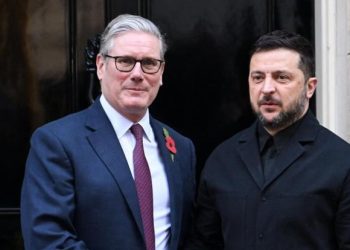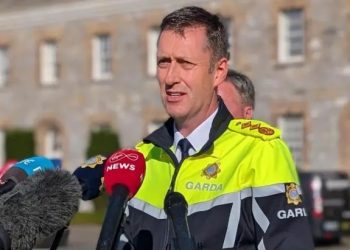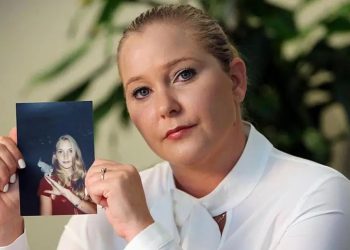
Shiva K Dhakal
Scotland UK
July 16, Scotland – In what could have been a historic and unifying moment for the Nepali diaspora in the United Kingdom, the opportunity to elevate a Scottish candidate to the presidency of NRNA UK has slipped through our hands. Despite serious efforts, heartfelt dialogue, and unprecedented willingness from both Manish Khatri and Govinda Kharel to support Kashiram Bhandari as the consensus candidate, the much-anticipated agreement failed to materialize. The result? A disappointing withdrawal by Bhandari and a profound sense of disillusionment within Scotland’s Nepali community.
Let us be clear: this was more than just a matter of internal politics. It was a defining opportunity to recognize and respect the 43% of NRNA UK’s voting members who reside in Scotland. A region that holds nearly half the electoral strength, yet has rarely been at the centre of national leadership, was finally on the verge of receiving the acknowledgment it long deserved.
A Leadership Moment, Lost
That fellow contender—Khatri—was reportedly ready to support Bhandari speaks volumes about the collective maturity of Scotland’s leaders. It showed a willingness to put unity above ego, community above individual ambition. And yet, despite these genuine efforts, internal complexities prevented the final decision from being sealed.
The question now is: Why did consensus fail when there was such clear support?
The answer is not simple. But the outcome speaks for itself — an unfortunate retreat from what could have been a bold, symbolic step toward regional inclusion, democratic fairness, and stronger collective identity within the UK’s Nepali diaspora.
The Capital Doesn’t Define the Country
It is high time the leadership culture within NRNA UK evolves beyond a London-centric mindset. This organization represents the whole UK, and leadership must reflect that diversity. Electing a president from outside the capital — from Scotland — would not only be fair, but it would also send a powerful message that the heart of the diaspora beats in every corner of the nation, not just in London.
People in places like Aberdeen, Glasgow, and Edinburgh face different challenges, build unique communities, and bring fresh perspectives. Recognizing leadership from such regions means acknowledging the depth and diversity of the Nepali diaspora.
A Call for Structural Change
The failure of this consensus, despite agreement in principle, should not discourage future efforts. Instead, it must act as a wake-up call for structural reform within NRNA UK’s election culture.
We must ask:
- Why do last-minute talks decide the fate of national representation?
- Why is there no formal mechanism to ensure proportional regional representation?
- Why do regions like Scotland, with nearly half the voters, still struggle to see one of their own in the top position?
Consensus must not be a rushed compromise. It should be a planned, strategic, and transparent process that includes genuine representation from all parts of the UK.
The Road Ahead
Though this election cycle may have moved past the point of consensus, the broader message remains: Scotland must not be sidelined. With its strong community, growing youth participation, and historical contributions to the diaspora, Scotland deserves not just respect—but representation at the highest level.
This is not just about one election or one candidate. It’s about laying the groundwork for a more democratic, inclusive, and nationally representative NRNA UK. One where leadership can rise from anywhere — not just the capital — and where the voices of all communities, especially those with significant populations like Scotland, are truly heard.
Let this be the last time such an opportunity is missed. Let the next chapter be written with unity, fairness, and the courage to lead from every corner of this nation.

 Podcast
Podcast















Discussion about this post